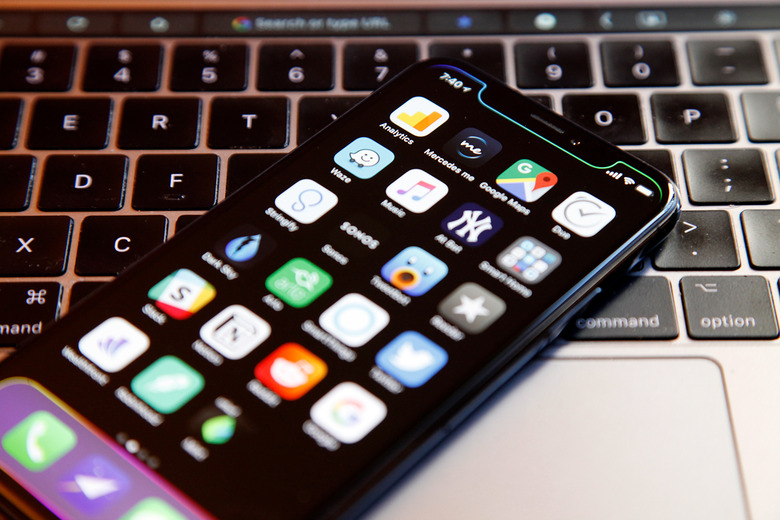Apple Seriously Considered Killing The Lightning Connector On The iPhone X
Aside from Samsung, all notable Android makers out there crafted iPhone X clones this year that look more or less like the real thing. While some of them deny copying Apple, including well-known companies like LG and OnePlus, it was Huawei that perfectly illustrated the reason why Apple is still the company others still try to emulate. Huawei said that it had its notch-designs for years, but it was too afraid to go forward. What Huawei, and others, needed was Apple to do it first. To take the risk.
A year before the notch arrived, Apple did one other 'courageous' — we can call it bold, at least — thing: it killed the headphone jack on the iPhone 7, paving the way for the all-screen iPhone X. And it turns out that the iPhone X could have been the most courageous phone ever created.
Buried in a report about Apple's inability to ship the AirPower accessory that can simultaneously charge an iPhone, an Apple Watch, and an AirPods case, Bloomberg's Mark Gurman reveals an exciting anecdote about the iPhone X's development. Apple wanted to kill the wired charging system and make the switch to wireless charging:
Apple designers eventually hope to remove most of the external ports and buttons on the iPhone, including the charger, according to people familiar with the company's work. During the development of the iPhone X, Apple weighed removing the wired charging system entirely. That wasn't feasible at the time because wireless charging was still slower than traditional methods. Including a wireless charger with new iPhones would also significantly raise the price of the phones.
We've often talked about Apple's iPhone of the future, thanks to information gleaned from patents and rumors and told you that Apple is indeed looking to remove all physical buttons and ports and create a device that's all-screen. The handset would connect wirelessly to accessories, and the battery would recharge wirelessly. Even the SIM card would be gone in such a scenario, and the iPhone would use a virtual SIM card instead.
We're probably a few years away from such iPhone designs, however. For the time being, I'm glad Apple wasn't that courageous with the iPhone X. After all, the AirPower accessory sounds quite complicated to make, and we want it to just work when it's ready to ship. And let's not forget that we still need iPhone backups, the wired kind, in our lives. So that Lightning port better stay there until Apple comes up with a wireless transfer protocol that can deliver similar results.
In the meantime, it'd be great if the iPhone's wired charging can get even faster.
